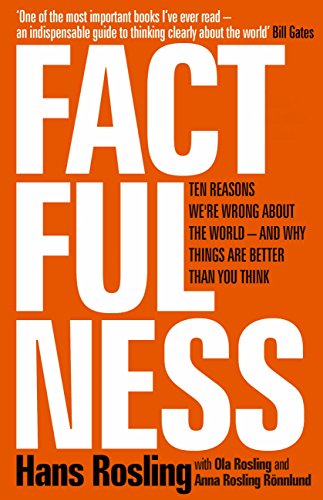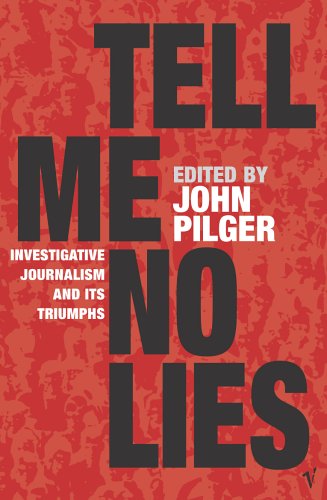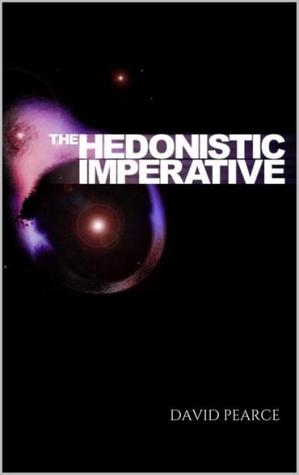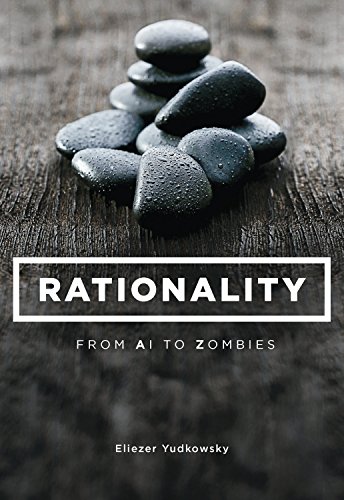Worldview in Five Books |

|
It’s hard to just state your worldview, for several reasons.
First, it’s large: a typical human will have thousands of premises, both empirical and normative, with few of them examined, and uncountable more implicit premises.
Second, it’s obscure: you don’t have access to large parts of it, since parts are reflected only in your preconscious reactions and filters. What don’t you think about? What don’t do you consider doing?
Third, it’s a risky thing to do, since writing it down is likely to prematurely stabilise it. If a proposition makes it into your identity - if you consider yourself the kind of person who believes or disbelieves in climate change, believes or disbelieves in the divinity of Christ - then you are much less likely to react properly to evidence.
Also, no one really understands human values, in the strict sense of being able to define or encode them. So any general description of our own values is very likely to be wrong or partial. 3
So why do it? Well, because any pair of humans can be unfathomably different, and it’d be grand if we gave each other ways to bridge those gaps, or at least understand where in the world we’re coming from. 2
A wonderful little meme that flew around the bookish bit of the internet last year was “#WorldviewIn5Books”. 1 With a list this small, you need books that express multiple bits of you, and that don’t clash too much in other ways. (Looking at you, Taleb.) Five is a really hard constraint, given the above and the many ways a book can help you.
Themes to cover
as of early 2019:
-
Progress: Contrary to popular and elite opinion, the world has been getting better in key ways (poverty, violence, gender, disability, race discrimination, intellectual depth, freedom) for 70 years, and better in some key ways for 200 years. There’s a chance we could continue this to a dizzying degree.
-
Heuristics and biases: Humans are deluded in predictable and previously adaptive ways. Why we don’t make sense. Implies scepticism.
-
Scientific imperialism: Despite that, we sometimes succeed in knowing. It’s wrong to believe things on insufficient evidence. Technical skill is vital for successful thought and some kinds of action. Naturalism works methodologically and maybe ontologically too.
-
Effective altruism: outcome-oriented, maximizing, cause-impartial egalitarianism. You can’t reliably act morally if you don’t know the truth.
-
Longtermism: Most value lies in the future; the moral significance of our lives is dominated by our effect on that. Implies focussing on “existential risks”, things that could end the entire future at once.
-
Cosmopolitanism: The rich world’s relative inaction for the global poor is an enormous moral catastrophe.
-
Animal welfare: The suffering of nonhumans is also an enormous moral catastrophe.
-
Bioprogressivism: Nature is not amoral, above judgment. Nor is it obviously good. Natural death is an enormous moral catastrophe.
-
Misc: No one is only propositions and attitudes. I’m not a utility factory. I’m not a tool of myself. I’d be a poet if the world didn’t have problems. Interiority, irony, abstraction, beauty - this stuff is very important. Just less important than action.
Five Books
Themes: progress - mostly because of reason, evidence, tolerance; problems are solvable; empiricism - to be accurate (and thus moral) you have to quantify, even in social affairs; heuristics and biases as deep reasons for our dysfunction.
I picked this rather than Enlightenment Now or Rational Optimist or Doing Good Better or Whole Earth Discipline (out of the literature of progress) because it also covers biases - and so substitutes Kahneman, Taleb, Hanson, and Yudkowsky.
Themes: strict scepticism; cosmopolitanism; politics as horrible tar pit; power corrupts - or, more likely, the corrupt attain power.
"the penalty for refusing to participate in politics, is to be ruled by someone worse."
Themes: Moral passion, universal concern, bioprogressivism, animal welfare, the overwhelming importance of the far future, that the technical is essential to philosophy.
(I disagree with the metaphysics but it's beautiful and elsewhere true.) Free here .
Themes: heuristics and biases; the technical as the way out of heuristics and biases; the beauty and power of empiricism; the limits of traditional Skeptics and science fans; the conditions of contrarianism; how AI should worry you.
Free here. See also the Elephant in the Brain, the Incerto.
Themes: interiority, irony, fun, aestheticism, bookish apotheoses. Misc.
See also Pessoa, Clive James, verse.
Again, these aren’t my favourite books, or the ones I enjoyed most, or the books that most changed me, or the books I think I’d include if I could understand them. (For instance, I got into anti-poverty through Peter Singer, heuristics and biases through Nassim Taleb, and longtermism through David Pearce.) They’re what you could read if you wanted to understand me.
- Another meme, less compressed, is the personal Canons of various cool people. These include people, blogrolls, videos, visual art, etc. Even better are "belief changelogs".
- My collection of aphorisms is another attempt at a safe statement of my worldview: it's modular and humorous and incomplete, so it should be easier to withdraw and add things, and not worry about what's not represented. It's also pretty short.
- Is a partial account worse than nothing? Am I saying moral philosophers should shut up? No, but they should have low confidence or hedge.
Comments
Tags: self-representation, lists, philosophy, becoming




